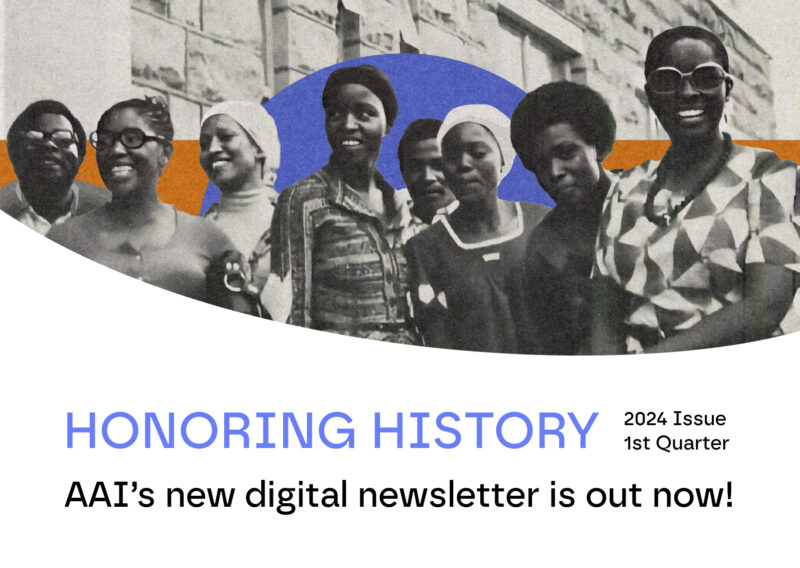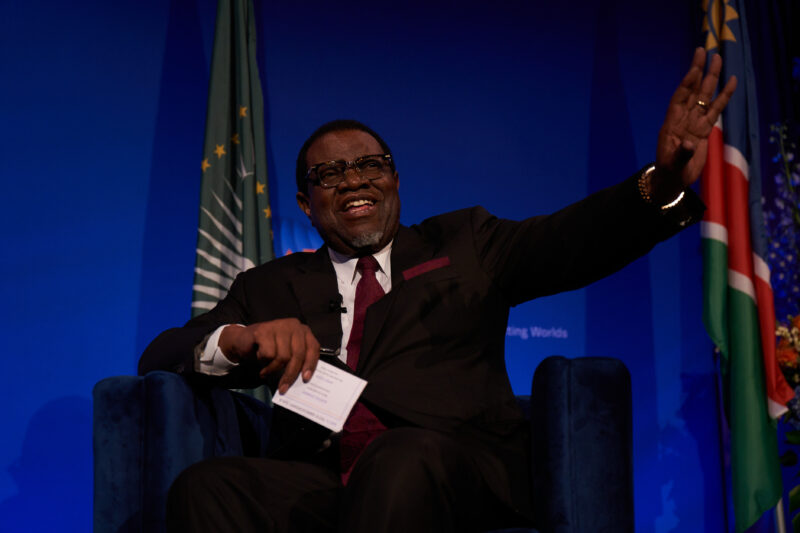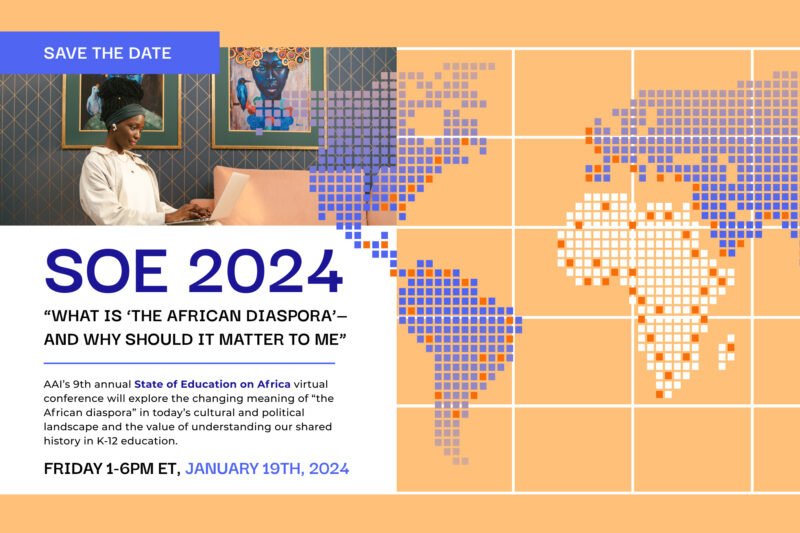Lifelong Learning Can Help African Countries Become Globally Competitive

PHOTO CREDIT: Foter.com
By Melissa Howell
The tremendous social and economic benefits of an education on individuals and communities are undeniable. Yet, completing a formal education is often not enough to prepare individuals for life’s demands. While most would agree on the benefits of continuous learning, we often overlook the significant role lifelong learning plays in forming, sustaining and advancing our global economy.
Lifelong learning is not merely earning new degrees throughout one’s life, but also attaining skills and knowledge to be productive and contribute to an ever-changing society. Currently, a mismatch exists between the education provided in formal education settings and the skills required in existing and future jobs. Industry experts at AAI’s State of Education in Africa conference, held last September in Lagos, confirmed that fact.
The book, Learning for Life: How Continuous Education Will Keep Us Competitive in the Global Knowledge Economy by Jason Wingard and Michelle LaPointe, provides a comparative analysis of education and training programs offered by education institutions, employers and coordinating agencies. The book analyzes and presents examples from U.S.-based and international programs on what works and how various institutions address the challenges of providing lifelong education to ensure that countries remain globally competitive.
The authors point out that the historical context of job-specific and employment-focused education no longer serves an economy characterized by innovation, which demands portable skills in the 4C’s — communication, collaboration, critical thinking and creativity.
Andreas Schleicher, a contributing author to the book, highlights why “more education does not automatically translate into better economic social and economic outcomes.” Schleicher said there is a “toxic coexistence” between the un- and under-employed and the efforts of educators and policymakers to improve education, and employers and industry who are dissatisfied with the pool of existing job candidates.
I was invited to contribute to this discussion by writing a chapter on how AAI is providing leadership and management training to NGO leaders in partnership with African colleges and universities through the Transformational Leadership Program (TLP). The chapter was featured amongst the work of other coordinating agencies like the Carnegie Foundation for the Advancement of Teaching and Swiss Federal Office for Professional Education and Technology, and employer-sponsored education programs at Boeing, the National Football League (NFL-US) and JPMorgan Chase.
Indeed, the concept of lifelong learning is not new to the continent, as many traditional African learning institutions required all people to learn from birth to death (and beyond) in pursuit of wisdom. However, the education and job-skills mismatch that the continent is experiencing today demonstrates some of the same challenges in providing lifelong learning globally. The rapid global rate of technological innovation has created a widening digital divide, also called technology and development-caused illiteracy, which is apparent in countries worldwide is just one example.
To circumvent those challenges, the TLP provides relevant and responsive curricula in partnership with local institutions who lead the design process to promote an inclusive learning environment through a blended-learning format. The leadership development program aims to promote lifelong learning by extending the training program to qualified participants, scholarships to students from marginalized and disadvantaged communities and organizations with limited training budgets, as well as referrals from alumni who recognize the potential and value of developing the leadership capacity of others within their same organizations and communities.
The TLP program seeks to build a “community of practice” through a cohort modeled approach that emphasizes a participatory methodology involving partners, participants, and community representation at the organization and beneficiary levels. While we work primarily with formal education institutions, we also recruit participants from organizations and communities who otherwise would not be able to access leadership development training. Our efforts to scale are equally informed by the NGO leaders enrolled in the program, as they are by those partners offering the program and funding it.
Relevant and responsive lifelong learning programs, like the TLP, can support new ways of thinking, working and knowing that sharpen and retool the population. Overall, lifelong learning improves a nation’s social and economic outlook. It offers a competitive advantage worth the investment required from business and industry to sustain even as they increasingly operate beyond national boundaries.
Resources:
Learning for Life: How Continuous Education Will Keep Us Competitive in the Global Knowledge Economy. Wingard, Jason and Michelle LaPointe. AMACOM. New York; 2015.
The Winners and Losers of Economic Clustering, http://www.citylab.com/work/2016/01/creativity-clustering-us-cities/422718/; Accessed January 6, 2016.
Integrating Lifelong Learning Perspectives. Edited by Carolyn Medel-Añonuevo. UNESCO Institute for Education. 2002. http://www.unesco.org/education/uie/pdf/uiestud36.pdf; Accessed January 4, 2016.
Lifelong Learning as a Tool for Achieving Sustainable Human Developmental Capacity in Nigeria and South Africa. Academic Journal of Interdisciplinary Studies. Francis O. Olaniyi. http://www.mcser.org/journal/index.php/ajis/article/viewFile/4898/4740; Accessed January 8, 2016.
Melissa Howell serves as The Africa-America Institute’s Program Officer, designing, implementing and managing education and training programs to strengthen African leaders.



